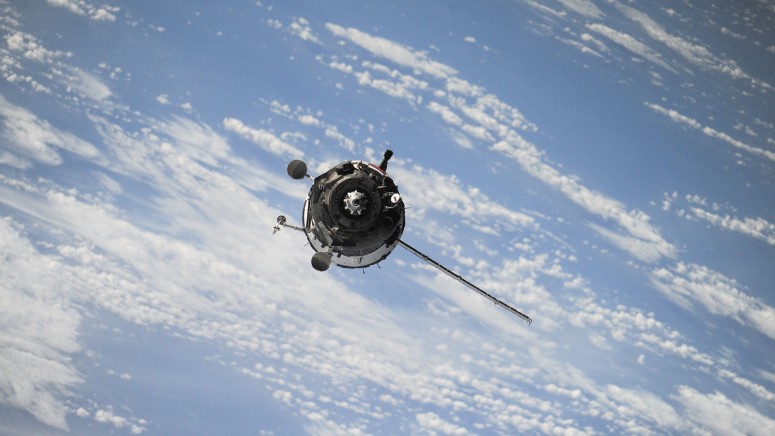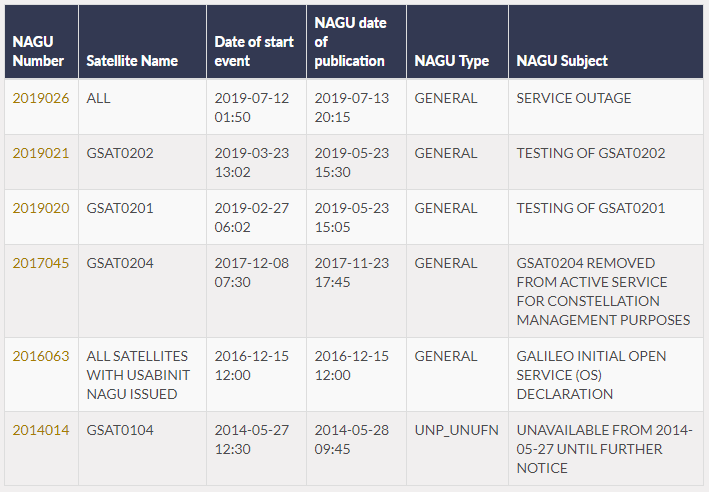
Europe’s Satellite Navigation System Galileo is Down Since Friday
- Europe’s Galileo Satellite system has been down for more than 80 hours already.
- No one knows when the system will be back in full operation, and no details about the exact problem have surfaced.
- Some report that the problem lies in the atomic clocks that are used in the associated center in Italy.
If you reside in Europe, your smartphone’s GPS may have gotten a little grumpy during the weekend as it was working on backup infrastructure, getting the time and positional information from US (AGPS), Russian (GLONASS), and Chinese (Beidou) satellites. As the European GNSS Agency stated on Thursday, the Galileo system is currently undergoing a major outage which rendered it completely inoperational, caused by a severe technical incident related to its ground infrastructure. What hasn’t been affected is the functional part of the Galileo network that receives and handles distress beacon messages, and supports search and rescue operations (SAR).
The European Space Agency operates 22 satellites as part of the Galileo network, with this being the first time since December 2016 when the network became operational that we experience such a severe outage. Not only does this network serve as a dedicated service for European citizens, but it is also believed to be much more robust and accurate than those of other agencies. The robustness part has just been debunked, and since the agency has not given out any further details about what exactly has happened, people can only speculate for now.
image source: gsc-europa.eu
The GNSS has announced that their experts are working to restore the situation as soon as possible, and they expect their Anomaly Review Board to be in a position to determine the exact root soon, but how long it will take for the full recovery of the system remains unknown at this point. According to unofficial and non-verified reports from “InsideGNSS.com”, the source of the problem is in Italy, where the “Precise Timing Facility” is located. The facility hosts several Cesium clocks and a Hydrogen Mase clock, so a problem with these high-precision time measurement devices could easily send the usability potential of the satellites out of the window.
Atomic clocks are the most accurate time-keeping contraptions, and when dealing with satellite telecommunications, this level of accuracy is crucial. This is because this communication is based on the accounting for the relative time delay of the signals that are exchanged between the systems, and the periodic synchronization between the ground clocks and the onboard clocks that are on orbit on the satellites. As explained by general relativity, the clocks inside the satellites are losing about seven-millionths of a second each day, because they are traveling at speeds of the level of 14000 km/hr. To achieve an accuracy of 15 meters in positioning, the system must keep the time accuracy and synchronization within 50 nanoseconds, so you get the idea of where even a minuscule desynchronization leads.
Have something to say on the above? Feel free to leave us your comments down below, or hop to our socials and join the discussions there, on Facebook and Twitter.








